Category: Birth, breastfeeding, parenting, feminism, suffragettes
-
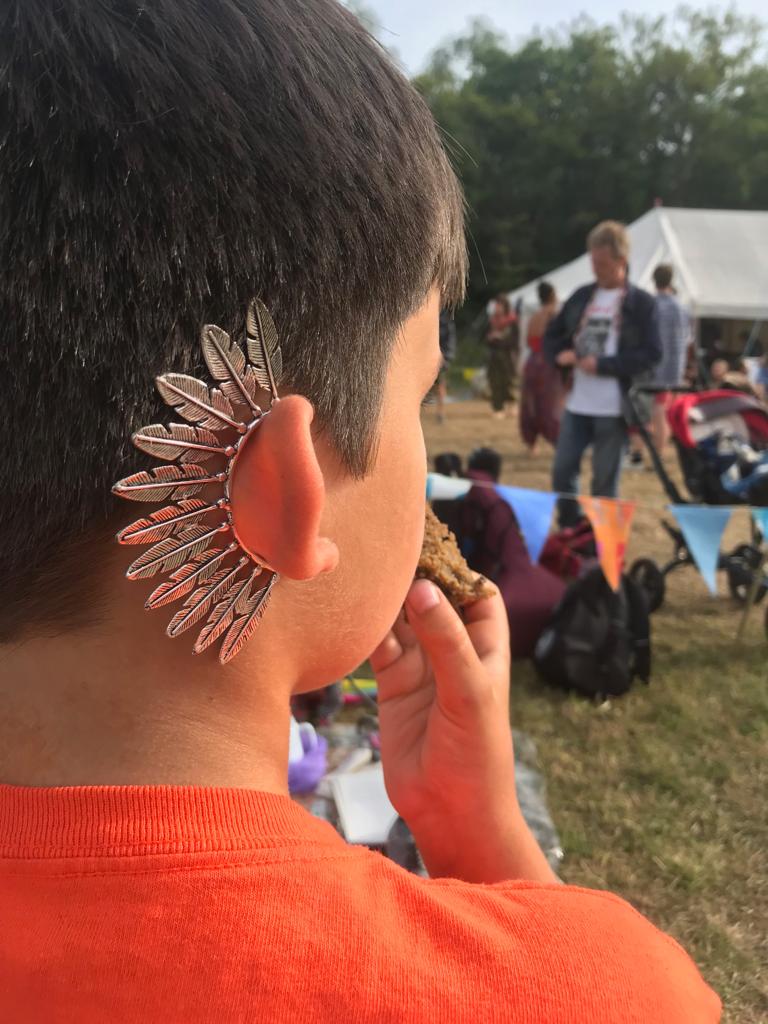
Are you missing signals for connection from your pre-teen?
Do you ever get kinda hunkered down when it gets to bedtime, on a slighted fixated mission to just get the kids in bed? I do. My kids were doing the usual multiple procrastination stunts and I was fielding them, on autopilot; herding the kids into bed. No you can’t have a snack you…
-
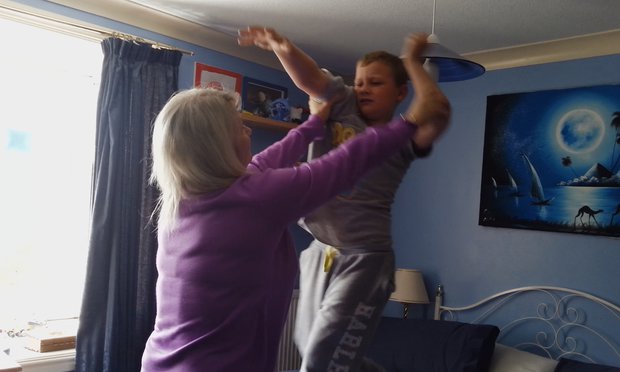
When a parent is losing it
I’m packing up our tent and the screams from the van opposite are escalating and it’s all sounding just a little bit too aggressive for my liking. I can hear a very distressed child, who sounds quite young and her mother, getting more and more irate and shouting at her. I debate whether to go…
-

What really drives kids’ difficult behaviours?
FEAR_Issue_52 There is an insidious undercurrent that can seep, unbeknownst to us, into our children’s hearts, affecting their behaviour and their confidence. It can alter their thinking, posture and shake their enjoyment of life and bigness in the world. When the baby is constantly crying and squirming, refusing to nap more than 40…
-

A likeminded community of parents is they key to your success
If you are based in Frome you are already part of one of the most cutting edge towns in the UK. Last week George Monbiot reported on revolutionary community measures against isolation that are cutting the rates of hospital admissions in this progressive town. Frome is known for its community. You may be enjoying the…
-
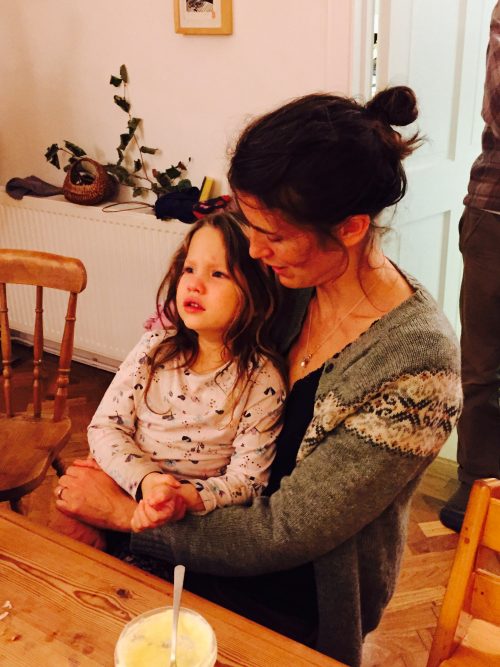
20 things to say when your child is crying
What if every time your child cries or tantrums, they are actually doing something highly worthwhile? We don’t always appreciate it when our children begin to cry, but what they are actually doing is making use of the body’s innate recovery system. When we get hurt, physically or emotionally, instead of storing it all up…
-
How telling your story can help you recover from a difficult birth (Practicing Midwife July 2016)
When women are impacted by birth trauma it can stay with them for many years, influencing their mental health and sense of self. The work of Mary Main et al (2005) in their Adult Attachment Interview demonstrated that a child’s attachment status can be predicted with 85% accuracy by their mother’s state of mind. It…
-
Receiving Love (JUNO Magazine Spring 2016)
Roma Norriss reflects on the basis for an ecstatic birth I’m all about receiving love when it comes to birth. Receiving love is a bold, rebellious act; as it counters deep-rooted feelings of not receiving enough during birth and infancy. Receiving all the love and support that is there for us, is what allows us…
-
Adventures in Neurofeedback
It has taken me a while to blog about our experiences of undertaking Neurofeedback for our boy. The whole thing has been huge, from all the research and deliberating it took to get there, the fundraising and immense support from our community. I got actual hate mail. People looked at me like I’m crazy (nothing…
-
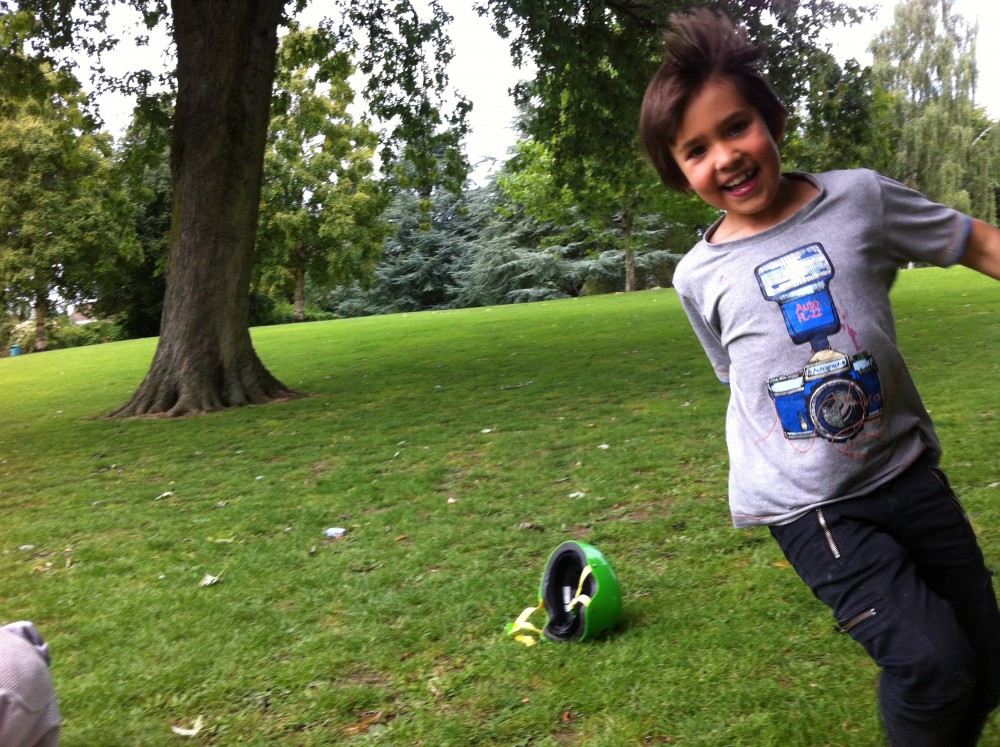
Imperfect is good enough
My co-parent walks through the door at dinner time, ready to take over on Daddy-duty. “Uh can you listen to me for 5? I can’t get through to any of my Listening Partners.” The kids are occupied so he takes me to the back garden and before I can get any words out, I just sob and sob…
-
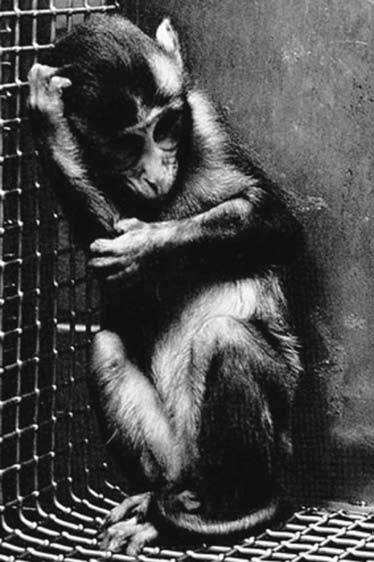
Why I charge a reasonable rate for my services to parents
I just watched the Suffragette film and was re-inspired by the extreme measures women took, risking and even giving their lives for equality. And yet a hundred years later, inequality is so deeply ingrained that we women still collude in holding it in place. The other morning I was challenged by a woman over the…
-

Could connection improve your baby/young child’s sleep?
I see you mama. You waking multiple times in the night to lie contorted, feeding your babe. You dragged from a puddle of dribble each morning when your child wakes much earlier than you are ready for. You watching the minutes tick over painfully slowly, while you await naptime and a chance to lie down…
-
When you see a parent losing their rag try this…
Following on from my experience last week, where my son losing it in public drew attention from the law enforcement, I decided I better walk my talk about being a support to struggling parents while others look on. The opportunity arose when I saw, late one sunset flooded evening, a mum dragging her screaming kid across…